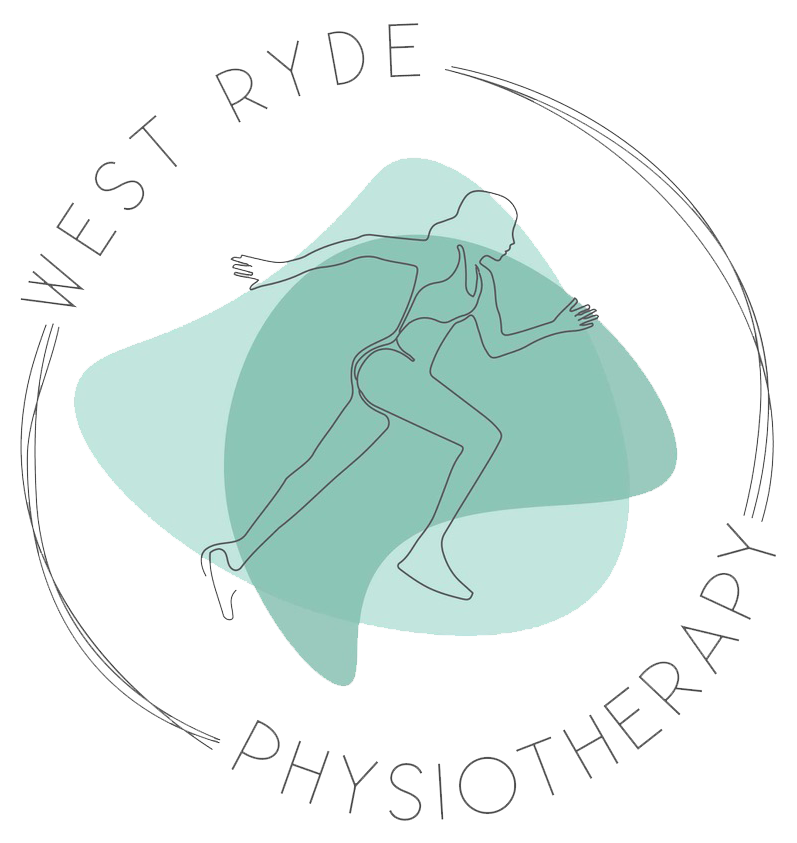World Menopause Day
World Menopause Day, 18 OCtober 2024
This day was created by the International Menopause Society to improve health and well-being of women through midlife and beyond.
Our Women’s Health Physio team has put together a guide to help with symptoms caused by menopause.
World Menopause Day: Breaking the Silence
Navigating Menopause with Women’s Health Physiotherapy: A Holistic Approach to Symptom Relief
Menopause is a natural phase in a woman’s life, yet it often brings a range of physical changes that can feel challenging or even overwhelming. From pelvic discomfort to joint pain, these symptoms are common but don’t need to be faced alone. At West Ryde Physiotherapy, we want to create an open space to discuss these experiences and share how women’s health physiotherapy can make a profound difference.
If you're dealing with any of the symptoms below, you’re not alone. In fact, many women find relief and strength through personalized physiotherapy approaches that support the body and encourage healing. If these resonate with you, we encourage you to discuss options with your GP, and know that our team is here to help.
1. Uro-Genital Symptoms: Supporting Pelvic Health
Menopause often brings about uro-genital symptoms such as dryness, discomfort, and even pelvic pain. These can arise due to changes in estrogen levels, which impact the tissues in the pelvic area. Women’s health physiotherapy can provide specialized exercises and techniques to ease these discomforts, improve blood flow, and strengthen the supporting muscles. This approach helps women regain comfort and confidence, making day-to-day activities more enjoyable.
2. Pelvic Pain and Pelvic Floor Rehabilitation
Pelvic pain, particularly if it’s new or worsens during menopause, can be distressing. Often, pelvic pain is linked to changes in muscle tone, ligament support, or even past childbirth trauma that resurfaces with hormonal shifts. Pelvic floor rehabilitation is a gentle, effective approach to address this. Using guided exercises, stretching, and breathing techniques, our physiotherapists help relieve pain and improve muscle support around the pelvis, allowing you to move and exercise more freely.
3. Overactive Bladder Management
For some women, menopause can bring on symptoms of an overactive bladder, making frequent trips to the bathroom and affecting daily life. This issue can be managed effectively through targeted pelvic floor exercises and bladder training techniques that our women’s health physiotherapists can guide you through. By strengthening the pelvic muscles and creating new bladder habits, it’s possible to regain control and feel more comfortable, whether at home, work, or out and about.
4. Osteoporosis Exercise Program
Bone health is a top priority in menopause, as the body’s decreasing estrogen levels can lead to a natural decline in bone density, increasing the risk of osteoporosis. To combat this, our physiotherapists design safe and personalized osteoporosis exercise programs. These exercises, such as weight-bearing movements and strength training, work to improve bone density, balance, and overall physical resilience, helping women maintain mobility and independence as they age.
5. Muscular Pain and Frozen Shoulder Rehabilitation
Shoulder pain and stiffness—commonly known as “frozen shoulder”—can also emerge during menopause. Though the connection is still being explored, hormonal changes may impact muscles and connective tissues, leading to pain or reduced range of motion in joints like the shoulders. Women’s health physiotherapy offers specialized rehabilitation exercises to ease stiffness and restore mobility. Through gentle stretching, strengthening exercises, and manual therapy, we help reduce pain and improve shoulder function, allowing you to carry on with the activities you love.
6. Addressing Muscular Aches and Joint Pain
Menopause can also bring about more generalized muscular aches and joint pain. From the knees to the lower back, many women experience discomfort that limits their daily activities. Physiotherapy can support pain management through tailored strengthening and stretching routines. These programs are designed to improve posture, reduce strain on joints, and increase muscle endurance, all of which can make daily movements easier and more comfortable.
Let’s Start the Conversation Together
At West Ryde Physiotherapy, we believe in empowering women to move through menopause with confidence and support. We understand that these symptoms can sometimes feel uncomfortable to talk about, but starting the conversation with your GP or one of our experienced physiotherapists can be the first step towards relief.
Whether it’s through pelvic floor strengthening, a personalized exercise program, or support with musculoskeletal issues, we’re here to guide you. Every woman’s menopause journey is unique, and we’re here to offer a caring, personalized approach that addresses your needs.
If you’re experiencing any of these symptoms, we welcome you to reach out and learn more about how women’s health physiotherapy can help. It’s a time to focus on your well-being and explore the solutions that can make each day a little brighter and more comfortable.
Take the first step to better health today—talk to your GP about options, and let’s work together to make this transition a positive one.

